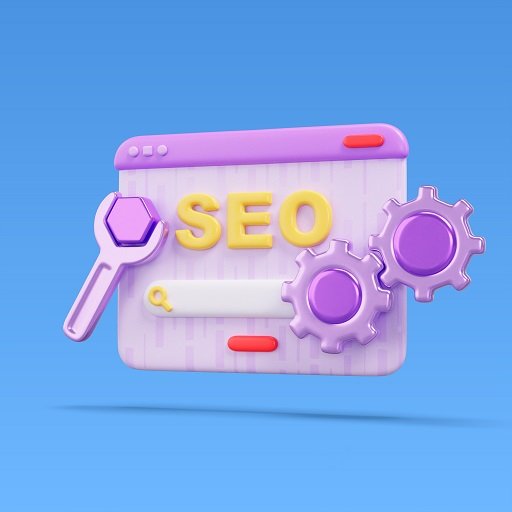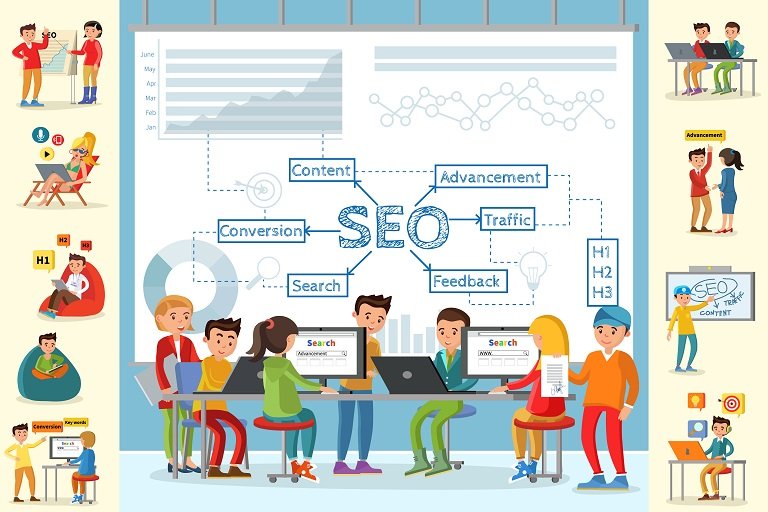Challenges in Human Resource planning is the foundation of effective people management. It ensures the right number of people, with the right skills, are in the right roles at the right time. However, while the concept sounds straightforward, the reality is far more complex. Organizations today face numerous challenges in HR planning, many of which are influenced by fast-changing market dynamics, technological disruptions, globalization, and evolving workforce expectations.
In this blog, we explore the key challenges in HR, particularly those affecting the strategic planning process, and take a closer look at how HR professionals around the world are adapting to these pressures.
1. Rapid Technological Change
Technology is evolving at lightning speed, and organizations must adapt just as quickly. For HR, this means planning for future skill requirements that may not even exist yet. The emergence of artificial intelligence (AI), automation, and remote work tools has reshaped job roles, making it difficult to predict long-term talent needs.
This is one of the biggest challenges of HR professionals today: aligning human capital strategy with technological advancement. If companies fail to anticipate these shifts, they risk falling behind in both productivity and competitiveness.
2. Talent Shortage and Skill Gaps
Finding the right talent remains a pressing issue across industries. Despite high unemployment rates in some regions, many companies struggle to fill specialized roles. This paradox highlights a growing skills mismatch.
In HR planning, this presents a twofold challenge: forecasting future workforce requirements while also implementing training and development programs to close existing gaps. It also forces HR teams to look beyond traditional hiring methods, including remote hiring, outsourcing, and gig workers.
3. Employee Expectations and Workforce Diversity
Modern employees have different expectations from their employers than those of previous generations. Work-life balance, mental health support, flexible work arrangements, and DEI (Diversity, Equity, and Inclusion) initiatives are now top priorities for job seekers.
HR leaders must design strategies that not only attract but also retain top talent in a highly competitive environment. Moreover, managing a diverse, multi-generational workforce requires tailored policies and strong cultural intelligence.
4. Legal and Compliance Issues
Staying compliant with labor laws, especially in multinational corporations, is another major concern. From wage regulations and data privacy laws to workplace safety standards and anti-discrimination policies, HR professionals must keep up with a constantly changing legal landscape.
This challenge becomes even more intense when companies operate across borders. Global challenges in HR planning often stem from differing employment laws, tax regulations, and cultural expectations, making standardized HR planning nearly impossible.
5. Workforce Forecasting in an Unpredictable Market
One of the most essential elements of HR planning is forecasting future workforce needs. However, in today’s unpredictable economic climate—marked by recessions, pandemics, and geopolitical tensions—making accurate projections is incredibly difficult.
Companies must be agile. Traditional five-year HR plans are increasingly being replaced with dynamic, scenario-based planning. This shift requires real-time data, strong analytical capabilities, and cross-functional collaboration—skills that many HR departments are still developing.
6. Managing Change and Organizational Culture
As companies undergo digital transformation, restructuring, or mergers and acquisitions, HR must ensure smooth transitions and protect employee morale.
However, aligning organizational culture with new business strategies is a subtle yet complex task. This is one of the silent but significant challenges in HR—building a resilient workforce that can adapt to change without compromising performance or engagement.
7. Globalization and Remote Work
On one hand, companies now have access to a global talent pool. On the other, they must manage distributed teams across different time zones, languages, and cultures.
These global HR challenges require not only robust digital infrastructure but also strong communication strategies and sensitivity to cultural nuances. Moreover, HR planning must account for international labor costs, benefits structures, and even political stability in certain regions.
8. Data-Driven HR Planning
HR analytics is becoming a game-changer in strategic planning. However, many organizations still struggle to use data effectively. Whether due to poor data quality, lack of integration across systems, or limited analytical skills, these gaps can seriously hinder decision-making.
Building a data-driven HR function is not just a technical issue—it’s a mindset shift. HR professionals must become more comfortable with numbers, KPIs, and performance metrics, transforming HR from a support function into a strategic business partner.
Conclusion
In today’s fast-evolving business environment, the challenges in HR planning are numerous and complex. From adapting to rapid technological change and closing skill gaps to managing global teams and forecasting talent needs, HR leaders are constantly navigating uncertainty.
The role of HR is no longer just administrative—it’s deeply strategic. By understanding and addressing these challenges of HR planning the professionals, organizations can develop more agile, inclusive, and future-ready workforces.
Whether you’re an HR leader, business owner, or aspiring HRMS software, staying ahead of these global challenges in HR planning will be crucial to long-term success. Proactive planning, continuous learning, and a people-first approach are the keys to overcoming these hurdles and unlocking the true potential of your workforce.














Leave a Reply